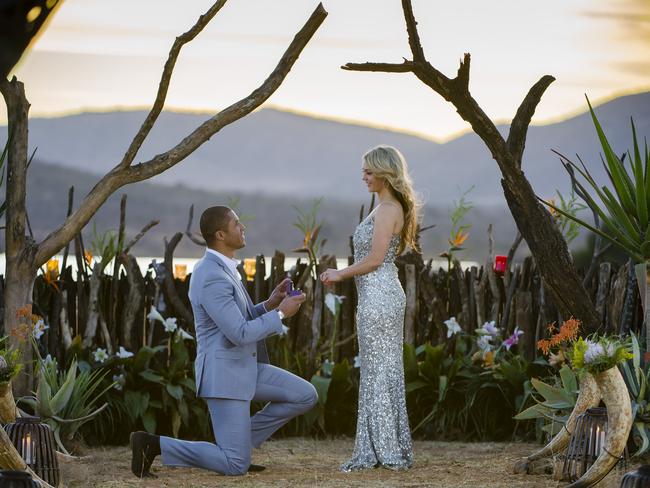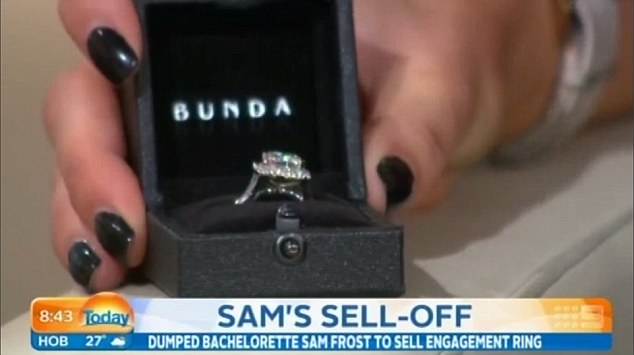Who Keeps the Engagement Ring After the Breakdown of an Engagement?
- September 27, 2022
- Admin
- No comments
Written by Sanjana Malewar, Trainee Solicitor On 15 September 2022

The breakdown of an engagement can cause not only emotional, but financial stress on both the parties involved. Amongst the confusion of who is entitled to what, it is important to understand the current law in Australia surrounding engagement rings.
Cohen v Sellar
There is no legislation in Australia which gives clear guidance on this issue, therefore most Australian Courts have adopted the reasoning from the English case of Cohen v Sellar. Justice McCardie in Cohen held:
- If a woman who has received a ring refuses to fulfil the conditions of the gift she must return it.
- If a man has, without a recognised legal justification, refused to carry out his promise of marriage, he cannot demand the return of the engagement ring.
Essentially, Cohen provides that the person at ‘fault,’ that is, at fault of breaking off the engagement, loses any entitlement to the ring. Accordingly, at the time Cohen was decided, if a woman decided to end the engagement even for a recognised legal justification, she would not be entitled to the ring.
It should be noted if the ring giver dies or cannot go through with the marriage ‘because of a disability recognised by the law,’ the ring should be returned to the giver. The same applies in cases of a mutually agreed upon relationship breakdown.
The decision in Cohen was based off the reasoning that the gift of an engagement ring, is a ‘conditional’ one, in that it is conditional upon the marriage of the parties. If the condition is not fulfilled, the party who terminates the ‘agreement,’ loses entitlement to the ring. Once marriage occurs, the condition is fulfilled and the status of the ring changes to an absolute unconditional gift, meaning the recipient of the gift is entitled to retain it even if the marriage fails. An analogy can be made to the making of a deposit. Where a party fails to complete their obligation in a contract by failing to pay the remaining balance, they lose their deposit. In this case, Sellar refused to perform his side of the agreement by failing to go through with the marriage, therefore he forfeited his deposit (the engagement ring).
The law in Australia
The 1975 Australian decision of Davies v Messner applied the decision in Cohen. Here the gift at hand was a parcel of land which Davies had purchased and transferred to Messner in contemplation of their marriage. As Messner ended their engagement, Davies was entitled to have the land transferred back to him, similar to the situation which would occur with an engagement ring.
Subsequently, in the Western Australian Case of Kais v Turvey it was confirmed by a full bench of the Supreme Court, that a gift given in contemplation of marriage, was classified as a conditional gift. Further, in the interest of gender equality, the principles from Cohen were restated in Papathanasopoulos v Vavopoulos to allow women to retain the ring, if they ended the engagement on a justified legal basis.
Therefore in Australia, if the giver of the ring breaks off the engagement without a recognised legal justification, they will have no legal basis to ask for the ring back. On the other hand, if the person who received the ring breaks off the engagement without a recognised legal justification, the giver of the ring is entitled to have it returned to them, or to seek compensation equal to the value of the ring (Papathanasopoulos v Vavopoulos).
What is a ‘recognised legal justification?’
It was not clear from Cohen v Sellar what the phrase ‘recognised legal justification’ might include however examples including acts of violence or infidelity were given by the Court in Papathanasopoulos v Vacopoulos. If a party breaks off an engagement due to a ‘legal justification,’ then as Justice Smart stated in the same case, they ‘can probably keep the ring.’ The law as to what is a ‘recognised legal justification’ however, is unsettled. This may prove problematic in future cases, as a reason which is ‘justifiable’ of a break-up to one person, may not be to another.
What happens when someone says, ‘you can keep the ring?’
In Papathanasopoulos v Vavopoulos, Papathanasopoulos, the party breaking off the engagement, offered to return the ring to Vavopoulos in front of her family, who replied with “I do not want the ring it is a gift for you, you can keep it.” Interestingly, the court here held Vavopoulos used this statement as a ploy to preserve the relationship and therefore still retained entitlement to the ring. Although the court in Loumbos v Ward, held the plaintiff lost entitlement to the ring when he said to the defendant she could keep and sell the ring, via email communication. Therefore, according to these cases, the situation in which a party informs the other they can keep the engagement ring, will affect the outcome.
Toh v Su
Interestingly, Magistrate Bender in the NSW case of Toh v Su refused to follow Cohen, claiming the abolition of section 111A of the Marriage Act which provided for an action for breach of promise to marry and the now, irrelevance of the principle of no-fault in divorce, meant the gifting of an engagement ring should be viewed as a gift given without condition, as the default position. However, this decision has been met with criticism from academics.
Nevertheless, due to the operation of the doctrine of precedent, this decision by Magistrate Bender was likely impermissible and the common law principles derived from Cohen v Sellar continue to apply in Australia.


Leave a Comment